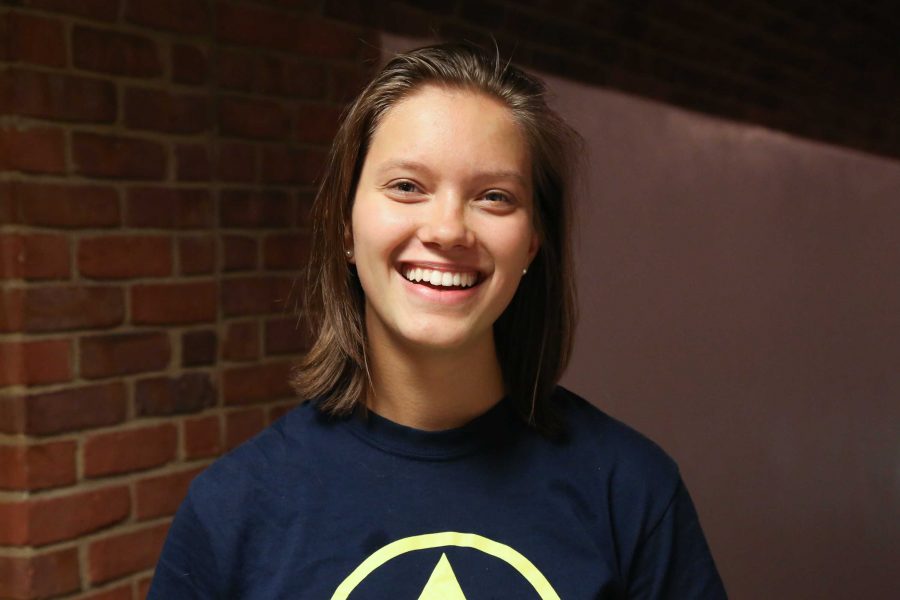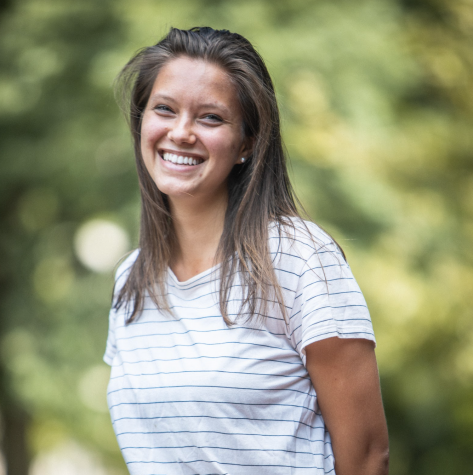When I was a sophomore in high school, I joined a group called Peer Multicultural Educators. It put forward initiatives like orientations that prepared new students to participate in a diverse environment and educated them to prevent microaggressions. Being in PME was one of the most important parts of my high school experience; however, when I started, I often wondered (and imagined other people wondering) “What’s a white girl doing in diversity work?”
At the time, I didn’t have a good answer– I just had the vague feeling that it was something I wanted to be a part of. Three years later, I still don’t have a perfect response. But, I am more convinced than ever that people from privileged groups should participate in this kind of work.
If there’s anything that you should understand as a privileged person in diversity work, it’s this: it’s not about you.
To begin with, diversity work is broad. It involves a conscious effort to create and celebrate diversity in a workplace, organization or school. But just having a numerical diversity–for example, a certain number of minority students on campus–isn’t enough. Diversity work also means striving for the inclusion of different groups and identities. At Vanderbilt, this includes training students in social justice work, supporting cultural groups on campus and facilitating conversations about racism and classism. Vanderbilt students have the opportunity to participate in programs like iDialogues, which opens up space for conversation about social identity. The Office of Equity, Diversity also holds programs like Unconscious Bias Workshops. Clearly, diversity work on campus is very accessible.
However, there are plenty of wrong reasons to get involved in diversity work if you’re from a privileged majority group. First, don’t get involved because it’s a “learning experience.” Don’t get involved to broaden your worldview. Don’t get involved to make up for your privilege. This turns diversity work into a self-centered, self-improving activity. If there’s anything that you should understand as a privileged person in diversity work, it’s this: it’s not about you.
Second, don’t get involved because marginalized groups need a savior. Don’t get involved because it’s your “duty” as a person of greater privilege. Don’t get involved to pass on your wisdom and knowledge to the world. This assumes that you, as a member of a majority group, have superior moral and intellectual qualities. The perpetuation of this harmful mentality goes completely against the goals of diversity work. Additionally, if you’re part of a majority identity, you will never understand the experience of oppression as well as a person from that marginalized group. This is not about you getting to show off your knowledge or prowess.
This doesn’t mean that good reasons don’t exist. If you’re part of a majority group, get involved in diversity work because you genuinely care about the issue. Get involved because there’s strength in numbers and your presence adds strength. Get involved because, while you, as a part of a majority, are not the person to lead a charge against racism or sexism or injustice, you still have influence, especially on your family and friends.
Finally, get involved because humanity is not a zero-sum game. Diversity work might seem like something that benefits only marginalized groups. There might even be a nagging voice somewhere in the way back of your head that whispers that more-for-others means less-for-you. But this is not true. When others live without fear, you prosper, too. When others have the right to fully express themselves, you prosper, too. Here at Vanderbilt, we are a part of a fairly diverse student body; when others get an equal chance to learn and grow, you prosper, too.
No matter who you are, work towards diversity, inclusion and justice is rarely fast or glamorous. And as a privileged person in diversity work, you shouldn’t just assume that you know what your role should be. Sometimes the best way for you to participate is by shutting up and listening. You will undoubtedly make mistakes; I know that I have. But none of this means that people from privileged groups should dismiss diversity work and say, “That’s just not my thing.” How can issues that affect all of humanity not have to do with you? It doesn’t center around you, and it doesn’t need you personally– work against unjust systems will go on whether or not majority groups play a role –, but that doesn’t mean you shouldn’t engage. In fact, it’s all the more reason to participate.
Emma Mattson is a first-year in the College of Arts and Sciences. She can be reached at [email protected].



